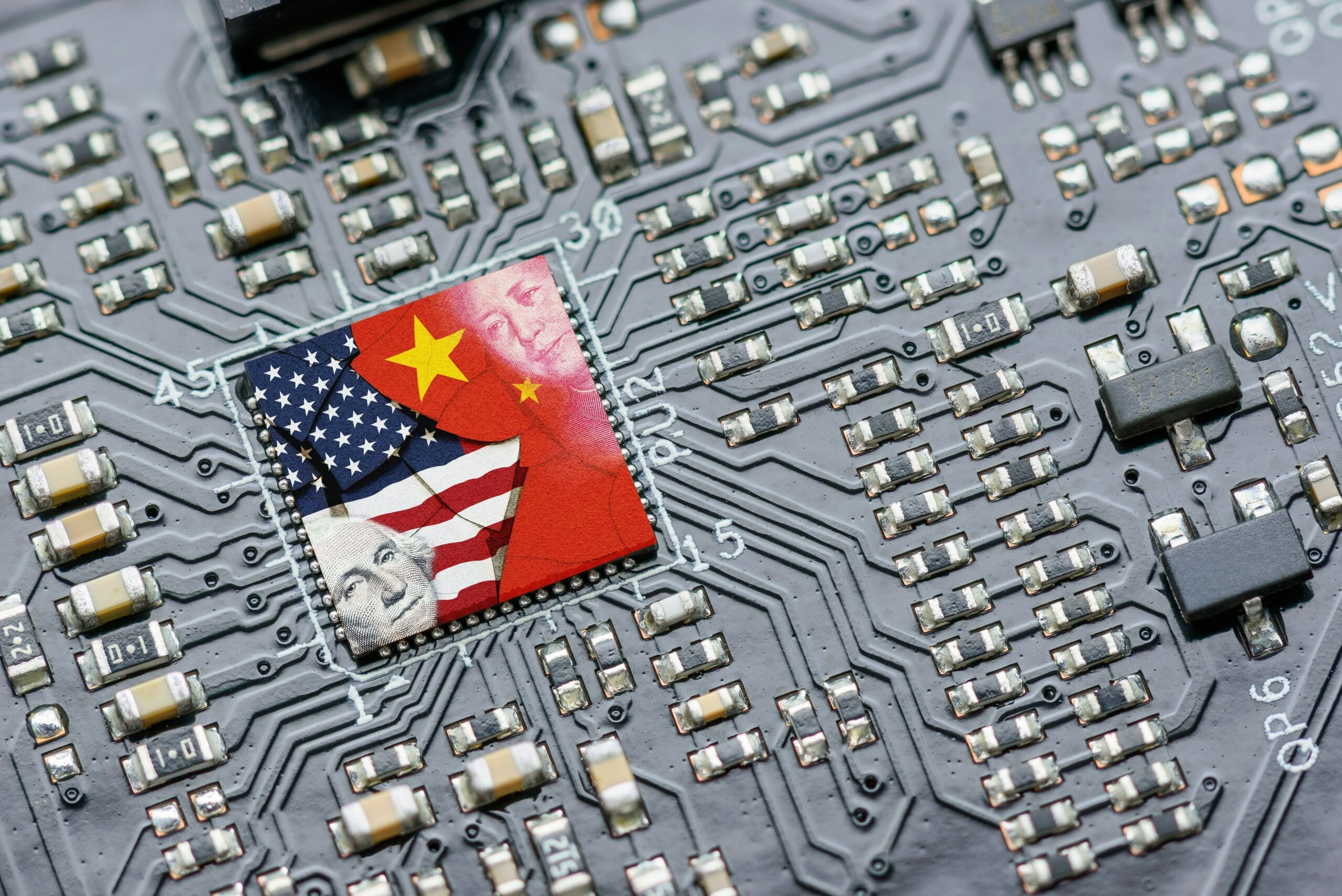On Aug. 8, the Trump Administration authorized U.S.-based technology behemoth NVIDIA to sell advanced Artificial Intelligence (AI) microchips to Chinese buyers. The move came with conditions: NVIDIA must remit 15% of revenue from eligible China sales to the U.S. government — a novel arrangement that some experts have called an “export tax” and some a “political tax.” The chips, however, must remain below specified performance thresholds set by U.S. export rules. Certain high-performance chips, such Blackwell-class chips, are off limits. Chip makers are building products specifically for export that have different — but still very powerful — tech specifications.
AI chips, particularly ones like the H20, are the brainpower behind advanced AI systems. They potentially enable huge leaps in fields like self-driving cars, medical research, or digital assistants. Until now, the U.S. had banned these powerful chips from being exported to China to preserve America’s lead in AI and to prevent potential commercial or military use by America’s leading global competitor.
Why this matters
The administration’s move seems to be aimed at generating new revenue from the lucrative sales of these chips to the Chinese market. Economic experts estimate this sale “could funnel $2 billion to the U.S. government.” National security experts, however, have sounded the alarm that such a fiscal-only view is shortsighted. Matt Pottinger, the former national security advisor in the first Trump Administration, and Liza Tobin, a former high-ranking Biden Administration official, have charged that “ending an export ban will help China catch up in the race for control of the global economy and military dominance in the 21st century.”
U.S. policymakers have also voiced serious concerns. Rep. John Moolenaar, R-Mich., who chairs the House Select Committee on the Chinese Communist Party, wrote in the Wall Street Journal that “tying licenses to revenue generation also creates conflicting incentives… between safeguarding our technological edge and filling government coffers,” and claimed the deal “raises constitutional concerns.” His committee counterpart Rep. Raja Krishnamoorthi, D-Ill., said the decision was a “dark day for U.S. national security.”
In defense of the withering criticism, the Trump Administration dismissed the national security concerns, claiming the chips that are being sold to China are outdated models and that China already produces similar high-end chips, only putting U.S. manufacturers at a competitive disadvantage. This reasoning, however, calls into question why China would want NVIDIA chips in the first place, if reliable and readily available Chinese alternatives exist. Undeterred, Treasury Secretary Scott Bessent claimed that the administration plans to use the NVIDIA deal as a template for similar future deals.
What’s next
The NVIDIA sale demonstrates that the United States needs a new comprehensive policy to effectively balance the commercial benefits of selling advanced technology to China with the serious national security concerns that such sales would generate. The Biden Administration deployed the so-called “small yard, high fence” policy, placing economic and technology restrictions on China. The policy aimed to significantly restrict China’s access to high-end U.S. technologies (“small yard”), while protecting these technologies through the “high fence” of trade and investment controls. This policy approach resulted in only mixed success.
The Trump Administration, while claiming to want to be tougher on Beijing than its predecessor, seems to have an even more mercurial approach so far. This includes the ongoing confusion about banning or forcing the divestiture of the popular Chinese-owned social media app TikTok, or the ever-changing U.S. tariff policy toward China. A more consistent, balanced approach would minimize additional economic and national security risks for the United States and our allies.






























